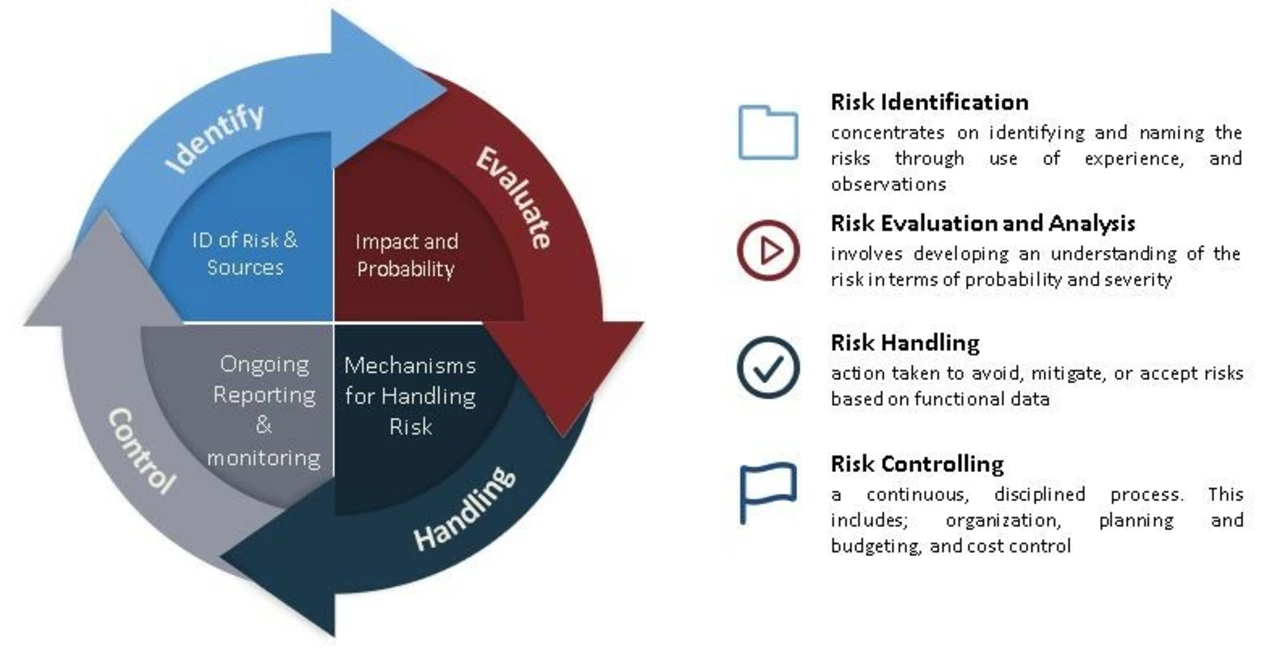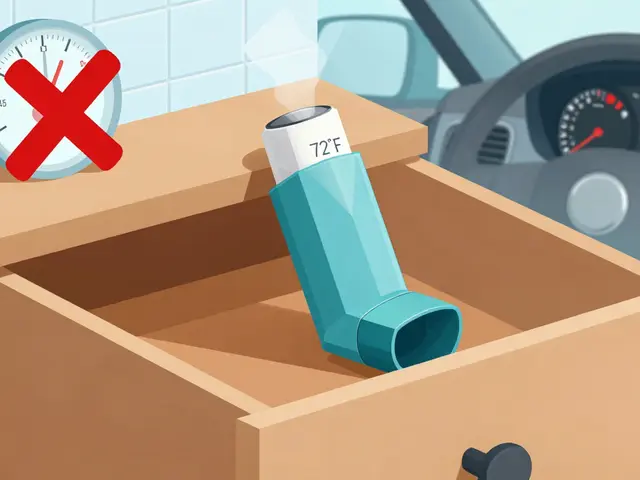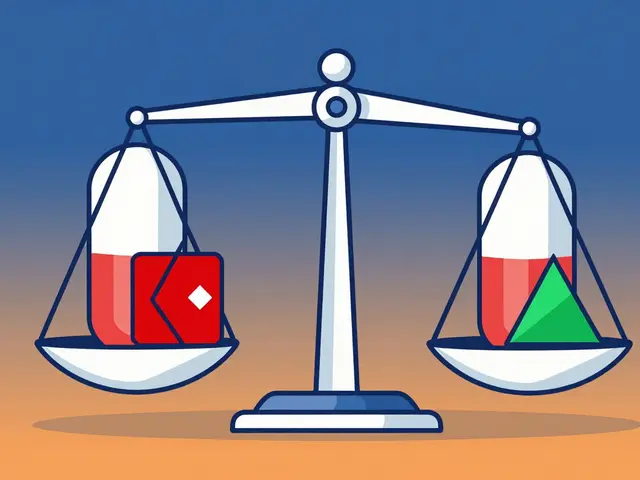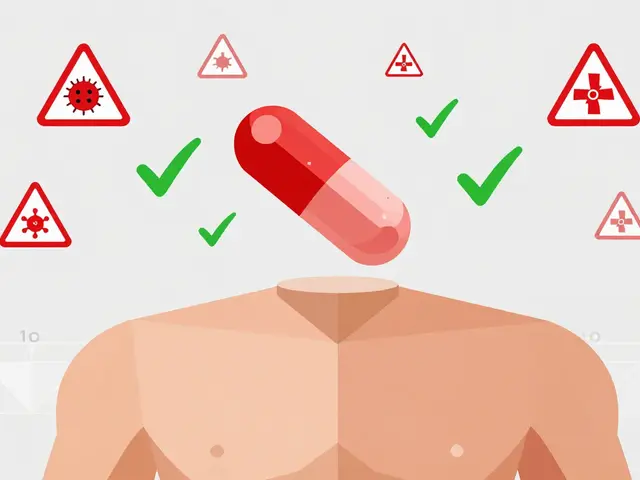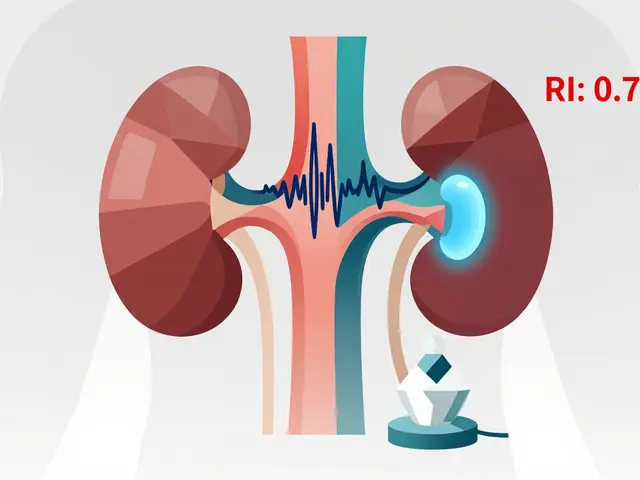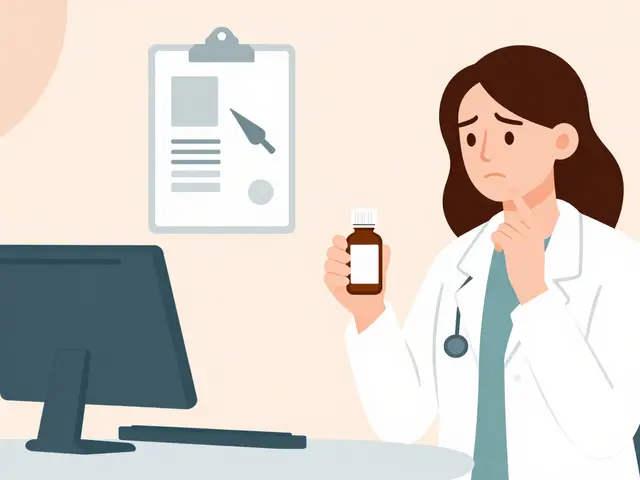Medication management made simple: stay safe, save money, and feel in control
Struggling to remember doses, track side effects, or compare cheaper options? Good medication management is more than taking pills on time — it’s about avoiding harm, reducing costs, and making treatment work for your life. Below are clear, usable steps you can start using today.
Daily medication management tips
Make a single, current medicine list. Include prescription names, strengths, doses, why you take each drug, and the prescriber’s name. Keep a paper copy in your wallet and a digital copy on your phone so every provider or pharmacist can see it instantly.
Use a pill organizer and set alarms. A simple 7-day or 30-day organizer plus phone reminders cuts missed doses and accidental double-dosing. If you take multiple meds, sort them by time of day rather than by medication — mornings, noon, evening, bedtime.
Watch for side effects daily. Write down new symptoms with the date and which dose you took. This small habit helps your doctor spot patterns fast and adjust treatment before problems grow.
Talk to your pharmacist every time your prescription changes. Pharmacists catch interaction risks and overlapping drugs that might raise side effects. Ask them to run an interaction check and explain anything that sounds confusing.
Managing changes: tapering, interactions, and switching
Stopping or changing a medication? Never do it alone. For drugs that cause dependence or withdrawal—like gabapentin or certain psychiatric meds—a gradual taper set by your prescriber is safest. A good plan usually reduces dose slowly and includes check-ins. If you feel withdrawal or worsening symptoms, contact your provider right away.
Check interactions before adding anything new, even supplements. Alpha blockers, blood pressure meds, antidepressants, and some antibiotics can interact badly. Use a trusted drug interaction checker or ask your pharmacist. If you’re prescribed terazosin or other meds with known risks, make sure every clinician knows your full med list.
Looking for alternatives? When a medication isn’t working or is too costly, ask your provider about therapeutic alternatives (same class) and generics. Alternatives can cut costs and reduce side effects, but switching should be supervised so the new treatment is dosed correctly.
Buying meds online? Stick to pharmacies that require a prescription, show clear contact info, and have verifiable reviews. Look for accreditation (where applicable) and a secure checkout. Avoid sites offering controlled drugs without a prescription.
Save money smartly: compare prices with discount cards, prescription comparison tools, and generic options. Programs like GoodRx or its alternatives can cut costs, but check pharmacy acceptance and final out-of-pocket price before ordering.
Final practical tip: schedule a quarterly med review with your prescriber or pharmacist. Regular reviews reduce risks, stop unnecessary medicines, and keep your plan aligned with current health goals. If something changes—new symptoms, new doctor, or new insurance—update your list right away.
Want help organizing your med list or picking a discount tool? I can suggest a simple template and a few reliable price-check resources based on where you live.
As a blogger, I've recently looked into the effectiveness of Quetiapine for managing acute mania. From my research, I've found that this atypical antipsychotic medication can help manage manic episodes by reducing symptoms such as racing thoughts, agitation, and mood swings. Studies show that Quetiapine can be a useful treatment option for those with bipolar disorder experiencing acute mania. However, it's essential to consult with a doctor to ensure Quetiapine is the right choice for each individual, as potential side effects and drug interactions must be considered. Overall, Quetiapine can be a helpful tool in managing acute mania for some patients, but professional guidance is crucial.
Continue reading...
As a blogger, I've been researching the impact of stress on bronchitis and how to manage it. It turns out that stress can significantly worsen our bronchitis symptoms, making it harder for our body to fight off infections. To combat this, we should focus on stress-relief techniques like deep breathing exercises, meditation, and physical activity. Additionally, maintaining a healthy lifestyle with proper nutrition and sleep can also help reduce the impact of stress on our bronchitis. It's important for us to take charge of our mental health and find ways to manage stress for better bronchitis outcomes.
Continue reading...

